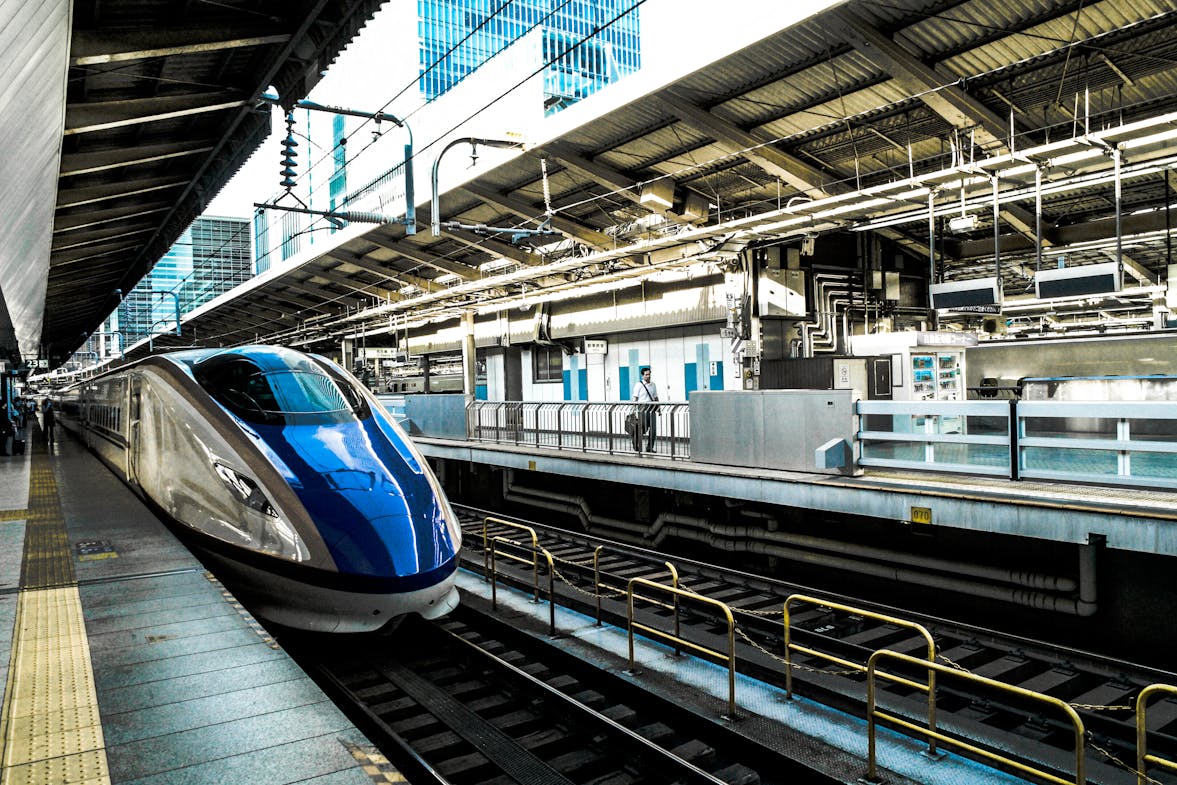Belgium is facing significant travel disruption as a nationwide railway strike begins, lasting from 10 PM on February 21st until 10 PM on March 2nd. The strike, called by rail unions, involves most Belgian National Railway Company (SNCB) workers, including personnel from rail infrastructure companies Infrabel and HR-Rail. This will likely bring Belgium’s rail network to a near standstill, severely impacting travel within cities like Brussels, Antwerp, and Bruges, as well as public transport services such as buses, trams, and metros.
Impacts and Alternatives
SNCB has acknowledged the limited train services available during this strike period. However, travelers can still check updates and alternatives via the SNCB website or app. International train services, such as Eurostar, TGV INOUI, and ICE, are expected to run as usual, though passengers are advised to check international connections on the SNCB International website for potential disruptions.
SNCB also urges travelers to explore alternative routes for local cross-border trains to and from cities like Lille, Maubeuge, and Luxembourg. However, the uncertainty surrounding the situation means passengers should plan for delays or cancellations.
Ongoing Strikes and Tensions in Belgium
The rail strike is part of wider discontent with the Belgian government, particularly around pension reforms, labor law changes, and cuts to public services, including SNCB’s funding. Protests, such as one that saw 50,000 demonstrators take to the streets of Brussels on February 20th, are common as unions demand better conditions. The government’s coalition agenda, which includes tighter unemployment benefits and pension reforms, has fueled these tensions.
Commuter Complaints and Compensation
Commuters are already voicing frustrations on social media over the disruption, with some noting the impact on their ability to reach work on time. One user, @blasco_music, lamented the additional strain caused by the strike, pointing out the difficulties many face with delayed commutes, which may lead to issues with employers.
As the strike continues, affected passengers are entitled to compensation. Under EU law, train operators must either get passengers to their final destination or offer a refund. Travelers delayed by more than 60 minutes can choose to cancel their trip for a full refund or reschedule their journey.
What’s Next?
Belgium’s rail chaos may not end with this strike. Further disruptions are likely, as airport workers strike monthly on the 13th of each month, and a general strike is planned for March 31st. With mass protests set to continue, travelers should prepare for ongoing challenges to travel and services.
The strike has already prompted criticism from political figures. Sammy Mahdi, leader of the Flemish Christian-Democratic party (CD&V), condemned the railway unions’ actions, calling the strike “completely irresponsible” and asserting that it would harm workers in less privileged sectors and future generations who rely on the pension system.
As negotiations between unions and the government continue, the situation remains volatile. With many questioning the government’s policies, the coming weeks could see even more disruptions.
Final Thoughts
In the meantime, travelers in Belgium should stay updated and prepare for possible delays or cancellations. While international train services are largely unaffected, those relying on local connections may face major disruptions.
High Speed train on Pexels by donaldtong



